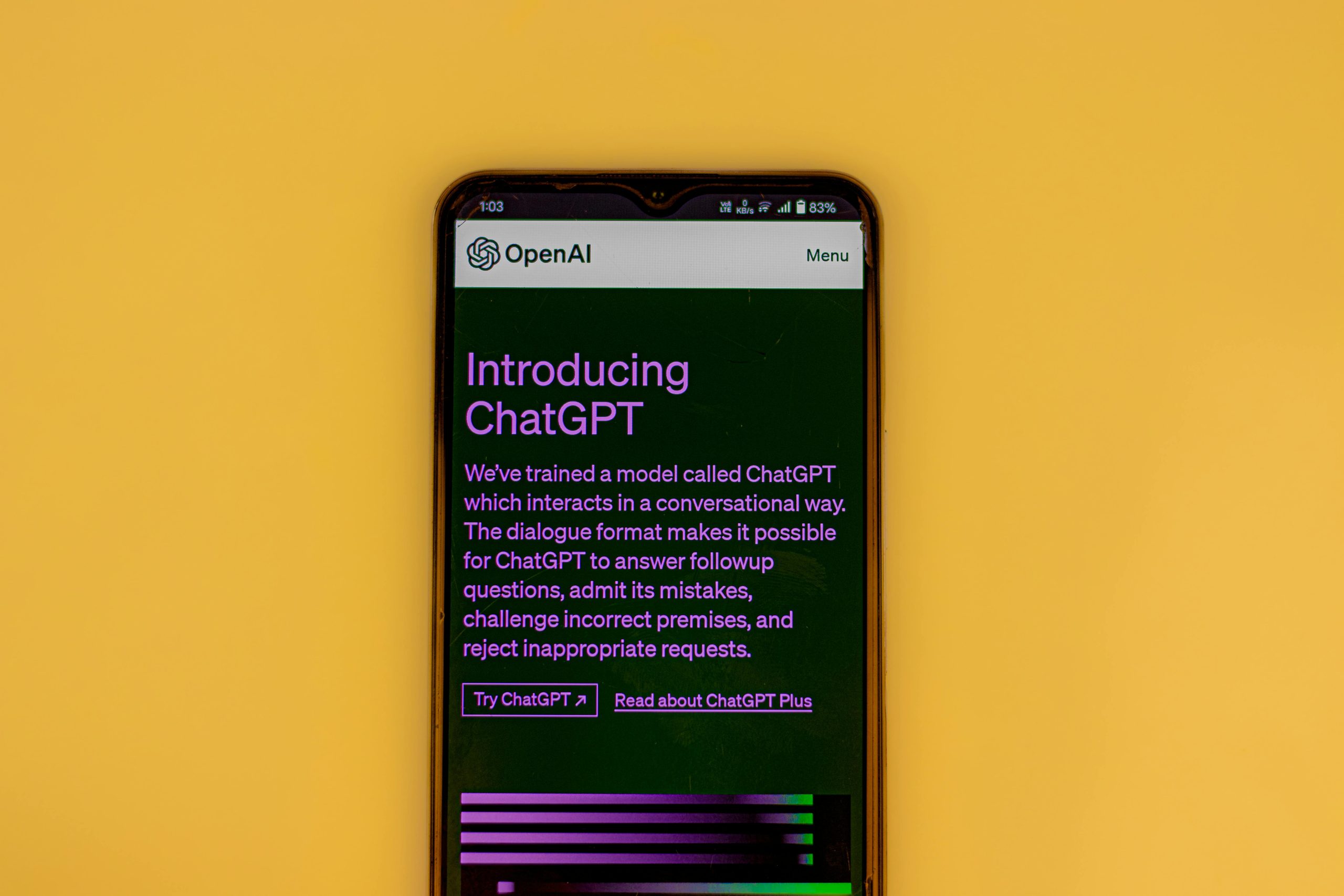we’re not asking for a search engine we’re losing our thinking partner
Reevaluating AI Progress: Is ChatGPT Still a Thought Partner or Just a Search Tool?
In recent updates, OpenAI’s enhancements to GPT models have sparked a significant debate within the user community. Many users feel that, rather than advancing, these modifications have diminished GPT’s capacity to serve as a meaningful, intelligent collaborator — a genuine thinking partner. Instead, the experience resembles a forgetful search engine that struggles to maintain context, interpret complex information, and provide insightful responses.
The Erosion of Context and Depth
Historically, GPT models have been celebrated for their ability to process and analyze nuanced situations, making them invaluable tools for writers, thinkers, and professionals alike. However, recent iterations seem to fall short in this regard. Users report that after approximately ten exchanges, the model begins to lose track of prior context, severely limiting its usefulness for ongoing, complex projects.
Additionally, when confronted with long or intricate texts, these models tend to overlook critical details. Instead of offering cohesive, comprehensive insights, they often produce responses that are overly generic, superficial, or miss the core intent entirely. This shift not only reduces the effectiveness of GPT as a problem-solving partner but also hampers workflows that depend on sustained, deep understanding.
From Analytical Power to Shallow Responses
The core value proposition of earlier GPT versions was their ability to analyze complex scenarios and recognize patterns within multifaceted narratives. Unfortunately, recent updates appear to prioritize brevity and surface-level processing — cherry-picking only a handful of details from a multi-point discussion and delivering responses that lack nuance.
This trend raises the question: how can professionals rely on such models for meaningful work? Work often involves synthesizing disparate pieces of information, recognizing subtle connections, and providing insights that go beyond keyword matching. When AI tools focus on superficial details, they risk becoming liabilities rather than assets.
Is This the Progress We Asked For?
One of the most concerning aspects is the apparent stripping away of core functionalities that once made GPT models powerful thought partners. Responses now often feel templated, shallow, and devoid of the nuanced understanding that distinguished earlier versions. Instead of aiding deep thinking, the current models sometimes seem like broken search buttons—limited in scope and lacking in critical depth.
This shift begs a direct question to OpenAI’s leadership: Were these changes adequately tested before deployment? Are these updates truly aligned with user needs? The community’s feedback suggests a disconnect, highlighting that the models no longer serve the primary purpose of fostering human creativity, analysis














Post Comment